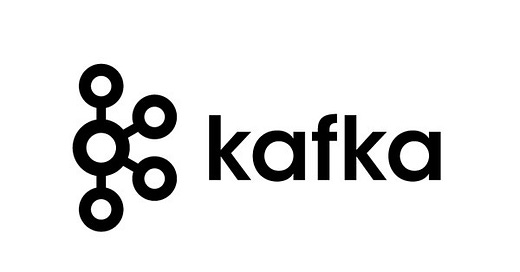The Power and Speed of Apache Kafka in Today's Data-Driven World
First off, if you are not subscribed, please subscribe so you don’t miss a thing! It is free, and it is good!
In an era where data has grown from a mere byproduct of operations to the lifeblood of modern businesses, the way we process, transport, and manage this data has become paramount. One of the fundamental pillars that supports the data-driven revolution is the concept of message buses – a system that allows disparate services and applications to communicate with one another through the exchange of messages. Apache Kafka, a standout in this realm, is not just another message bus but a high-performance streaming platform that has revolutionized how we handle vast streams of real-time data. Let's dive into why Apache Kafka is so prominent today and the secret behind its impressive speed.
The Rise of Message Buses
Message buses are akin to the postal services of the digital world. They provide a mechanism for different parts of an application (or even separate applications) to communicate without needing to be directly connected. Imagine if, every time you needed to send a letter, you had to drive to your friend's house, that would be time-consuming and inefficient. A postal service provides an intermediary system, allowing you to drop off a letter and have it delivered. Similarly, a message bus provides a unified system where services can "drop off" or "pick up" messages without direct connections, promoting modularity and scalability, and that is pure beauty right there.
Highlight: This means that you could put systems within your infrastructure in maintenance, and once they are back online they will pick up from the place they left before the maintenance, this changes the game for downtime impacts. 🤯
Why Apache Kafka?
While there are numerous messaging systems, like RabbitMQ and ActiveMQ, Apache Kafka stands out for several reasons:
Scalability: Born out of LinkedIn's need to handle billions of events per day, Kafka is designed from the ground up to scale out. By distributing data across multiple nodes, Kafka can handle immense volumes of data without breaking a sweat.
Durability and Reliability: Kafka ensures data is stored safely by replicating it across multiple nodes. This not only ensures data safety but also means Kafka can continue operating even if several nodes fail.
High Throughput: Kafka's architecture allows for the processing of hundreds of thousands to millions of messages per second. This is crucial for industries and applications where real-time processing is non-negotiable.
Stream Processing: Beyond just a messaging system, Kafka comes with its own stream processing API, making it easier for businesses to analyze and react to data in real-time.
The Secret Behind Kafka's Speed
So, what makes Kafka so fast? A few design decisions are crucial:
Immutable Logs: Instead of updating data in-place, Kafka writes all messages immutably. This reduces the overhead of random disk access, allowing for faster writes and reads.
Batch Processing: Kafka batches messages together, allowing for fewer, larger disk writes rather than many smaller ones. This significantly reduces I/O operations and improves throughput.
Decoupled Producers and Consumers: Kafka producers (that send data) and consumers (that read data) operate independently. This means that even if consumers slow down, producers can continue at their pace without getting throttled.
Efficient Storage and Retrieval: Kafka uses a simplified storage mechanism with a segmented and indexed log structure. This ensures that data retrieval remains efficient even with terabytes of stored messages.
In today's fast-paced, data-driven world, the need for reliable, scalable, and high-performance message systems cannot be overstated. Apache Kafka, with its unique architecture and design principles, has emerged as a leader in this space. Businesses and industries across the board leverage Kafka to power their real-time analytics, monitor systems, and build reactive applications. As the amount of data we generate continues to grow, platforms like Kafka will only become more vital in harnessing its potential, also, it is free!
So, if you don’t know your Kafka, today is the day!




